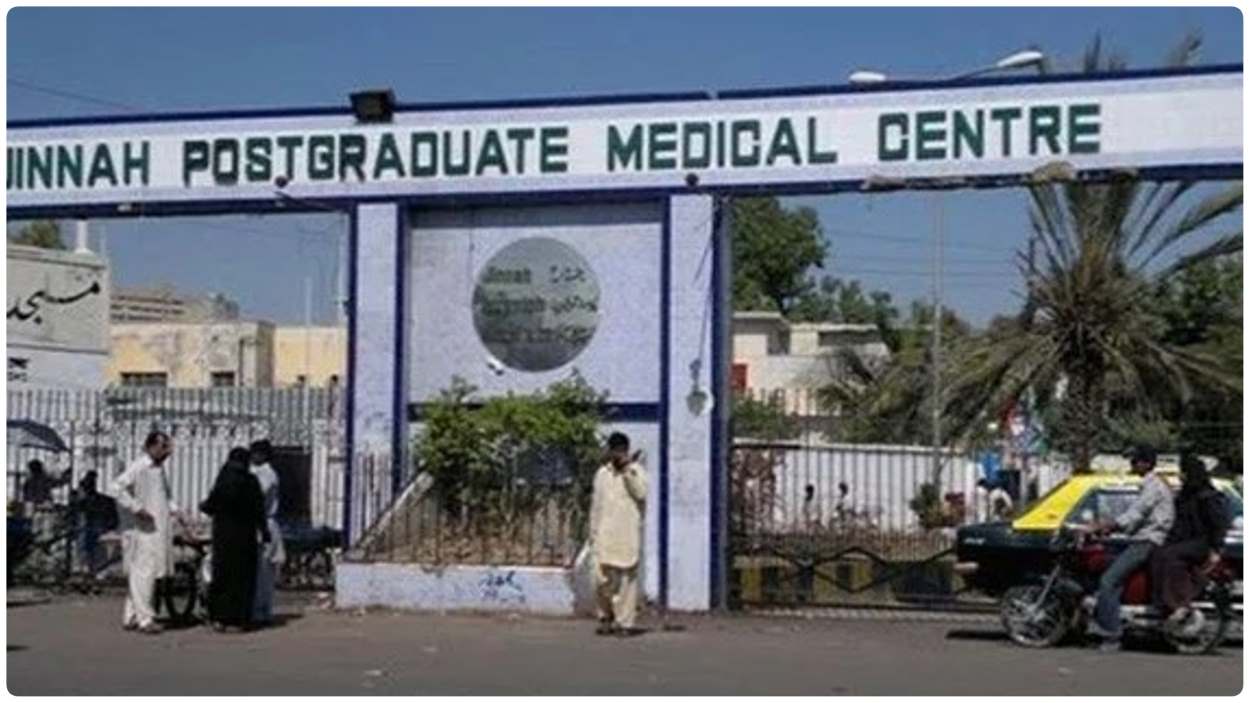On April 24, 2025, a violent clash between two factions of the Young Doctors Association (YDA) at Jinnah Postgraduate Medical Centre (JPMC) in Karachi injured two doctors and a security officer, leading to police detentions of several doctors from both groups.
The Daily Pakistan reports that stems from disputes over an OPD boycott and a prior assault on medical staff, exacerbating tensions in Karachi’s strained healthcare system.
The altercation at JPMC, one of Karachi’s largest public hospitals with 1,600 beds, erupted over the reinstatement of OPD services. One YDA faction, led by Dr. Farrukh Rauf, boycotted OPDs to protest the April 18 assault by a patient’s relatives and the transfer of Dr. Yaseen, demanding accountability. The opposing faction, led by Dr. Ammar Danish, resumed OPD operations following assurances from Sindh’s Health Secretary. Attempts to mediate, overseen by Deputy Director Adil Samo, failed, resulting in a physical confrontation that injured three and prompted police intervention to restore order.
Root Causes of the Conflict
The conflict traces back to:
- April 18 Incident: Relatives of a deceased patient assaulted Dr. Shewaram in JPMC’s ICU over bed shortages, leading to protests.
- Dr. Yaseen’s Transfer: The YDA faction led by Dr. Rauf rejected the Health Department’s assurances, citing the transfer as retaliation for their advocacy.
- OPD Boycott: Rauf’s group blocked OPD services, disrupting care for thousands, while Danish’s group prioritized patient access, escalating tensions.
The hospital administration, backed by the Health Secretary, appointed Samo to restore OPDs, but factional discord led to violence.
Karachi’s healthcare system faces systemic challenges, including understaffing and violence against doctors, as seen in a 2022 JPMC stabbing protest. The city’s recent power outages and infrastructure issues, like the KPT Flyover closure (Timestamp: April 24, 2025, 14:49), compound public frustration, with protests disrupting mobility. X posts reflect outrage over the clash (#JPMCKarachi), with some blaming administrative failures. JPMC, handling 1 million patients annually, is critical to Sindh’s healthcare, making such disruptions significant.
The YDA clash underscores deep divisions within Karachi’s medical community, fueled by legitimate grievances over safety and administrative decisions. The April 18 assault highlights ongoing risks to doctors, with 70% of Pakistani healthcare workers reporting violence. Rauf’s boycott, while disruptive, reflects demands for accountability, but Danish’s cooperation prioritises patient care, creating a moral dilemma. The administration’s mediation failure and police detentions risk escalating tensions without addressing root causes like bed shortages (1,600 beds for 1M patients).
The Sindh Health Department is investigating the clash, with detained doctors facing potential disciplinary action.






